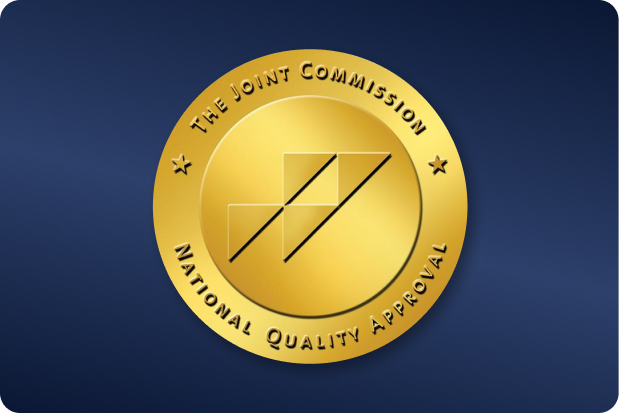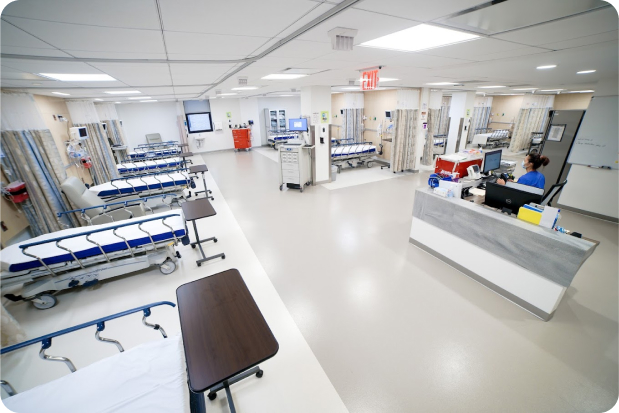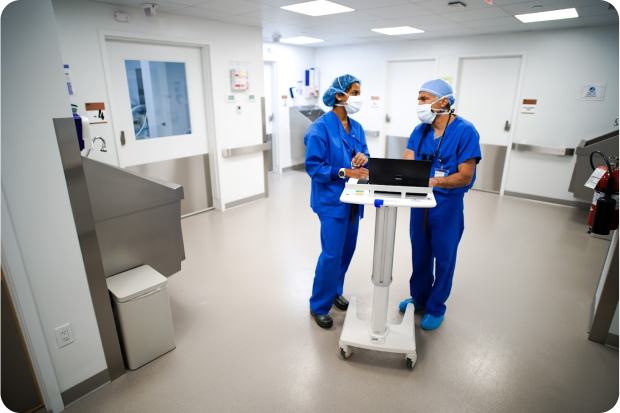 OUR LOCATIONS
Call to book 201.523.9590
OUR LOCATIONS
Call to book 201.523.9590
 OUR LOCATIONS
Call to book 201.523.9590
OUR LOCATIONS
Call to book 201.523.9590
Table of contents
Coccydynia is a pain in your tailbone or coccyx, the last bone in your spine. It is not considered to be a serious condition. You could get Coccydynia if you had an accident or injury, such as a fall. In most cases, Coccydynia improves over a few weeks or months, but it can last longer and affect your mobility.
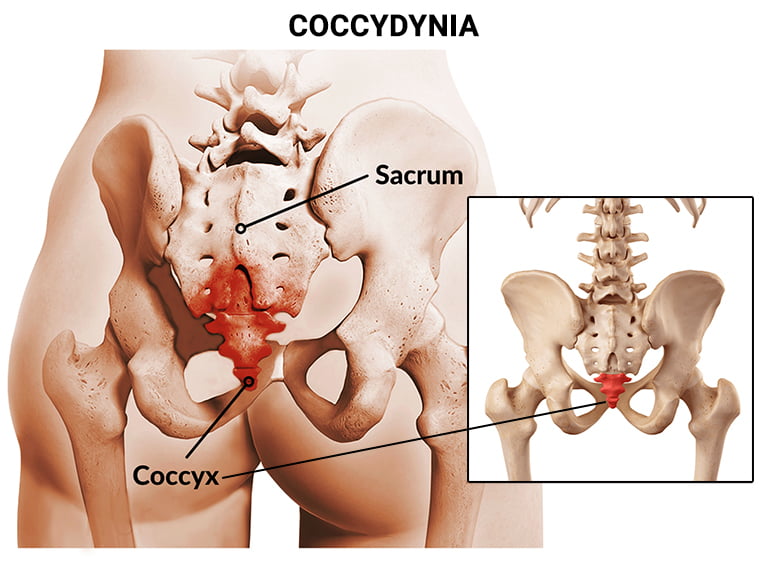
There are many causes of Coccydynia, including:
Rare but serious causes of Coccydynia include infection and cancer. Also, age-related wear and tear can play a part. Other less common causes are arthritis and bony growth on the coccyx.
Other than the main symptoms, which are pain and tenderness in the lower back or area just above the buttocks, you may also experience:
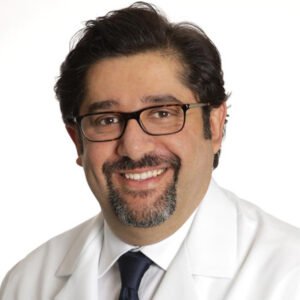 Amr Hosny, MD, MBA, FASA
Amr Hosny, MD, MBA, FASA
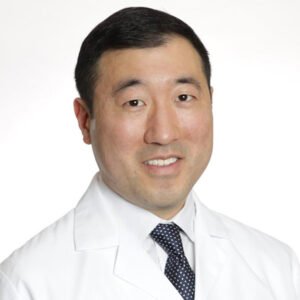 David Chu, MD, FAAPMR
David Chu, MD, FAAPMR
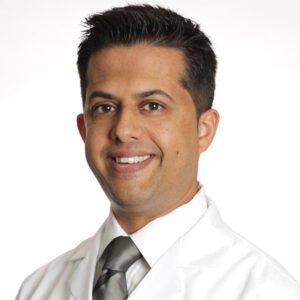 Vivek Mehta, MD, FAAPMR
Vivek Mehta, MD, FAAPMR
 Deepali Gupta, MD, DABA, DABPM
Deepali Gupta, MD, DABA, DABPM


Your doctor will first collect your medical history and begin a physical exam. A thorough coccyx pain examination will include palpation to check for tenderness and an intrarectal exam to manipulate the coccyx. The doctor will feel the area by hand to check for any swelling and tenderness, bone spurs, cysts, or tumors around the coccyx. As for the intrarectal exam, the doctor may manipulate the coccyx manually through your rectum to check for any limited mobility or muscle tension in the pelvis. Your doctor may also perform additional exams such as CT scans and X-rays.
here are many treatments for coccydynia. It can usually be treated at home, and almost 90% of cases improve successfully with at-home treatments. Common treatments for Coccydynia include:
If your pain lasts more than 8 weeks and treatment does not improve, your doctor may recommend surgery (Coccygectomy).
You can beat Coccydynia at home with self-care measures such as avoiding sitting for long periods, applying warm and cold compresses to your lower back, and taking OTC painkillers such as ibuprofen. If your pain does not improve with home remedies, contact a spine specialist near me as soon as possible.
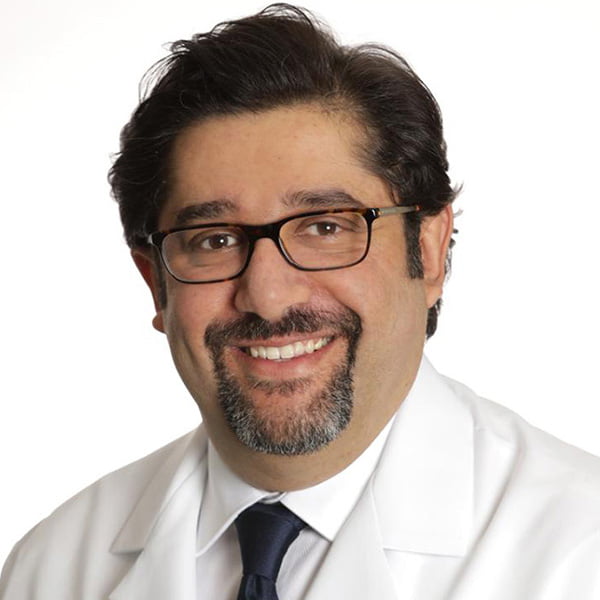
Dr. Hosny is a distinguished physician, educator, and healthcare leader with a commitment to advancing health equity and accessibility in the rapidly evolving landscape of modern healthcare. After completing his residency at St. Luke's Roosevelt Hospital Center, affiliated with Columbia University in New York City, he pursued an Interventional Spine Fellowship at Beth Israel Deaconess Medical Center, part of Harvard Medical School in Boston, MA.
Dr. Hosny has held prominent roles in academic medicine, including serving as an Associate Clinical Professor at New York Medical College and as the Interventional Spine Fellowship Program Director. These positions reflect his dedication to mentoring the next generation of healthcare professionals and advancing the field of interventional spine care.
More About Dr. HosnyThe Spine & Rehab Group
140 NJ-17,
Paramus, NJ 07652
(212) 242-8160
